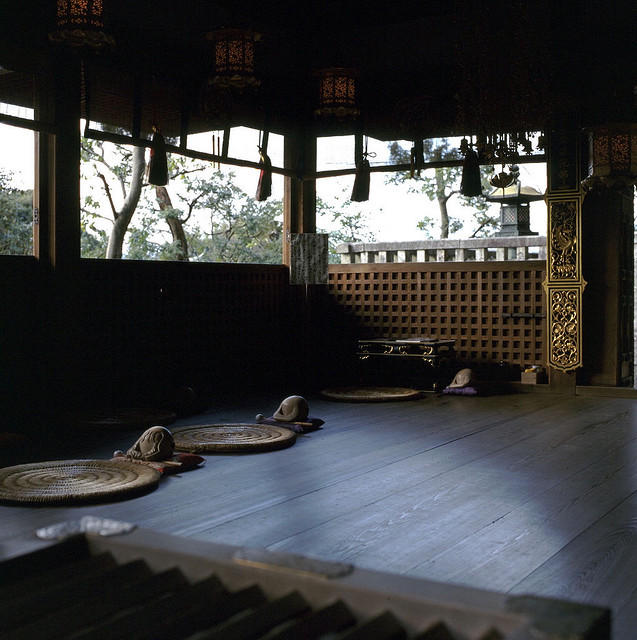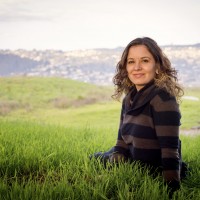“When we take our first steps on the Path, we are not yet capable of helping others. To accomplish the good of others, we must first perfect ourselves, by purifying and transforming our minds. This is the aim of what we call the preliminary practices, which establish the foundations of all spiritual progress. You may feel like dispensing with these foundations in order to practice teachings that you think are more profound, but if you do so, you are building a palace on the surface of a frozen lake.” ~ Dilgo Khyentse Rinpoche
After many years and possibly decades dancing on the edge of taking a deeper commitment to dharma practice, I decided to learn and begin to practice a ngondro, or traditional Tibetan preliminary discipline.
The first ngondro is 108,000 prostrations or bows, a physical expression of surrender. In India and Tibet, young monks practice this when they are still teens. I wasn’t sure how it was going to go as an adult western woman. “You are paying money to go hit your head on the floor?” asked my partner’s nine year old daughter incredulously. She wanted me to go to Disneyland with them.
She did not understand the logic in my decision.
In fact, my teacher, Reginald Ray says that it is by making this completely outrageous choice over and over again that we learn surrender. By choosing to practice the discipline of prostrations, even over other yoga and meditation practices that lead to a more immediately positive set of feelings, it gradually begins to break down the habitual tendencies of the mind to chase pleasure and avoid pain.
After my first day of prostration practice, I could not sit down on a toilet seat or climb stairs because of how sore my quadriceps were. However, it is far easier, from my experience as a dancer and yoga practitioner, to talk my body into accepting a difficult physical discipline than to talk my mind into an active and embodied expression of surrender.
For the greater part of the last year of this practice, I saw surrender as synonymous with pain. The experience of entering ngondro, of choosing to surrender over and over again, was akin, in my psyche, to eating a terrible soup as a child in order to someday receive candy. Only with the ngondro, there is no hope of anything like candy, though it is classically the gateway to more advanced tantric practices.
I equated surrender with the experience of losing everything I tried to hold onto and of letting go of things I thought I wanted. I saw surrender as the experience of sitting on the cushion or bowing on the mat and bearing witness to every hidden pocket of my own psyche while simultaneously gradually unfolding layers of ancestral trauma from the cells of my body.
Last weekend, in seated meditation after completing prostrations, I felt naked, raw, and open…soft, like just having been through a meat grinder.
That day, I recognized something profound that I had been unable to see or recognize. It is not just that I have to surrender but, that I get to. I recognized that the active practice of surrender is not just about letting go but, also one of being held and received by the lineage that I was bowing to. In fact, even the opportunity to bow my head to the prostration board, leaving it drenched in sweat and tears, was only due to the great generosity of many beings in my life who have supported and helped me study and practice the dharma.
It was due to my teacher who left the stability of a large dharma center to teach in a way that was more authentic to his heart, of his teacher who journeyed from Tibet in the snow to eventually teach in the west, of my parents and grandparents who fled religious persecution in Russia to greater freedom in America, and of the female lineage starting with Yeshe Tsogyal who believed that one could achieve enlightenment in the feminine form.
I recognized that surrender was not punishment, but an alignment into a possibility for my life greater than what I could think of or even desire.
When I touch my forehead to the prostration board, over and over, it is an expression that there is a possibility for my life that is greater than what is comfortable. I have learned over this year that my decision to begin to practice the traditional discipline of ngondro instead of going to Disneyland was in fact a decision to let go of the glittery, shiny objects that claim to bring happiness and to understand deeply that there is a possibility for my life that is deeper than my preferences. It is a decision to stop letting hopes and fears dictate my life decisions. It is outrageous, deeply uncomfortable, and finally after a year, it is also rewarding.
When I bow my head to the prostration board, I align with a lineage of all those beings who have chosen this path and even when everything I had once hoped for is falling apart, especially in those moments, I am completely held.
Author: Raia Kogan
Apprentice Editor: Amanda Reed /Editor: Renée Picard
Image: Joi/Flickr







Read 2 comments and reply